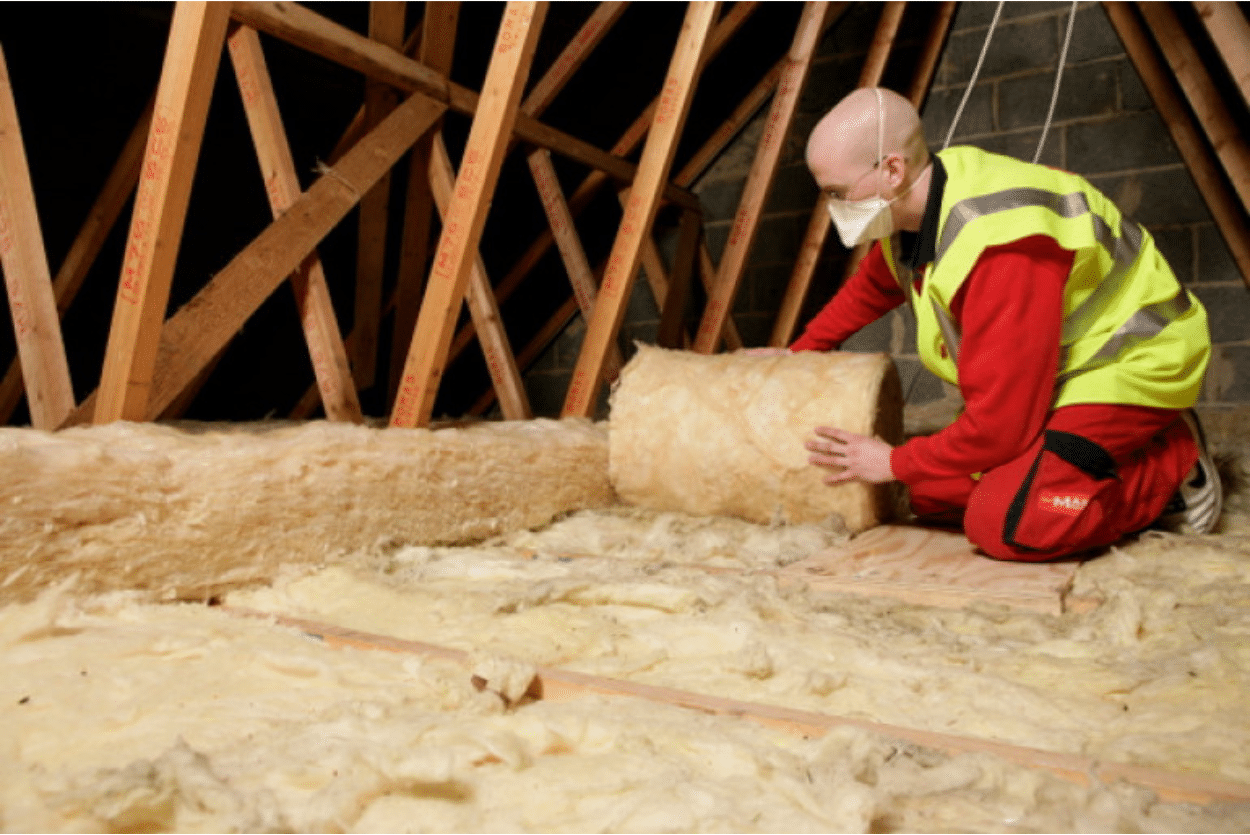
Here are your tips
Many people move to a particular place because of work or because they want to be in the catchment area of the local schools.
Others might be changing the size of their property, perhaps to accommodate a growing family or possibly downsizing after children have flown the nest and they no longer need as many rooms as before.
And then there are those who are retiring and want to move to a different type of location altogether, such as a village setting or a home by the sea.
Whatever your reasons for moving, it’s important to check out any new neighbourhood you might be considering.
What’s on offer in terms of local amenities such as shops, restaurants and schools? Is there a park nearby? Do you want to be near a place of worship?
Is the area well served by buses and trains? What’s the local crime rate? Is your road on a rush-hour rat-run or an airport flight path?
Here we take a closer look at the things you need to check out.
Pay a visit – then visit again
Nothing beats visiting an area at different times of the day and on different days of the week – including the weekend – to get a real feel for what it’s like.
It might seem calm and pleasant during the day, but what about on a Friday or Saturday evening? What are traffic levels like at peak times? How reliable are the transport links you might come to depend on?
And don’t be shy. Talk to the neighbours to get some real opinions. Most people are happy to chat.
Is crime an issue?
You can get detailed crime statistics for an area from the local police force, and you might find out more by reading the local newspaper. There will probably also be internet message boards and forums where locals discuss their concerns and interests.
Be aware that your property’s postcode can have an impact on the amount you pay for home insurance and car insurance, as if you live in an area with a high rate of burglaries, you’ll face higher premiums.
Local amenities
Check whether there are shops and banks, and decent pubs and restaurants within walking distance of the property you’re hoping to move to.
You might also want to be near a church, temple, mosque or another place of worship. Do you want to join a gym? What about a library, cinema or theatre?
GPs and dentist surgeries
When you move to a new area you’ll want to register with a doctor and a dentist.
Again, an internet search will be a good place to start to find information on these services – and the information you come up with might play into your decision-making process when it comes to choosing where to move to.
Schools
If you have children, it’s vital to do your homework on the local primary and secondary schools to see how they perform and what sort of education they provide.
Crucially, you also need to find out whether the property you are planning to buy or rent is in the all-important ‘catchment area’. As boundaries can change from year to year, you may need to phone schools directly to get the most up-to-date information.
You can also look at the local authority’s website to see the distances within which children got into your preferred schools the previous year.
Transport connections
Check out how long it takes you to walk (or cycle or drive) to the nearest station. If this is going to be your daily commute, you need to ensure it’s achievable.
If you’re going to need to park your car, find out your options. Will you use the station car park – and how much will it cost per day? Can you get a weekly or monthly pass at a cheaper rate?
If parking on the street is possible, are there any restrictions or charges?
Find the optimal bus stops, tram stops, underground stops and other transport links – and how frequently trains and buses run. And work out how much everything is going to cost.
Recreation facilities
Find out all you can about sports facilities, leisure centres, parks and open spaces by researching online – and check out maps.
If you’re a gym bunny, see if there’s a gym you can walk or cycle to – or access quickly by car or bus.
Local authority planning and Council Tax
It’s worth finding out whether there are any planned changes to the area that could affect your decision.
For example, a new shopping centre or better transport links could be a real positive, but a new industrial project producing pollution or noise could be a big no-no. Your best bet is to check out the local authority’s website.
If you’re actually buying, the local searches carried out by your solicitor or conveyancer should uncover anything serious, but there’s no harm in having a look yourself if you’re still at the stage of choosing your preferred location.
The local authority will also have details about Council Tax charges but again, if you’re at the buying stage, that information should be provided to you by the estate agent.
Flooding and air pollution
You may be keen to know if the property you are looking to move to is at risk from flooding or air pollution – or whether it’s close to a landfill site. The Environmental Agency’s website has information based on postcodes.
Traffic
While a property on a busy road can mean you get easy access to shops, restaurants and other facilities, it’s worth visiting the area at the busiest times of day to see how bad the traffic is.
You don’t want to end up snarled in a traffic jam – or caught in a rat run – every time you leave home. Remember that busy traffic could also mean a lot of noise and pollution.
Past property prices
Our handy gadget lets you check out prices in any given street, including an estimate of the value of any particular property together with details of times it has been sold (and how much for) in recent years.
https://coxandcohomes.research.homesearch.co.ukhome/2230






